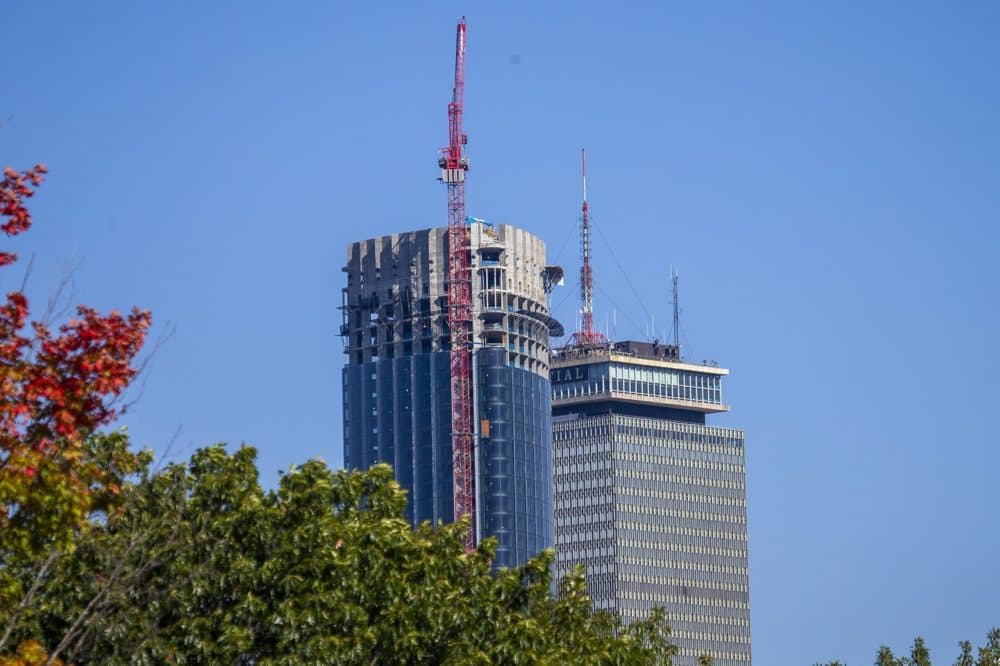Advertisement
Report: Local Solutions to Housing Problems Dying on Beacon Hill

Boston could have generated a year's worth of money for its affordable housing fund from the sale of units in just two luxury buildings if the Legislature allowed the city to add a tax on expensive real estate sales, according to a report.
The progressive think tank Institute for Policy Studies estimated that, if a 2% transfer tax on real estate transactions above $2 million were in place, purchases of residential units in the Back Bay neighborhood's One Dalton Place and the Seaport's Pier 4 together would have brought in $16.2 million.
That funding is significant: in 2019, Boston's Neighborhood Housing Trust Fund distributed $17 million.
The Boston City Council approved the luxury transfer tax in December 2019 after some units in those two buildings had sold. But the home rule petition has stalled in the Legislature, where it hasn't emerged for a vote in either chamber.
Other communities have sought their own local housing taxes, including Nantucket, Concord, Somerville and Truro, but are also awaiting the final go-ahead from the Legislature. Boston and many other communities have imposed higher taxes under the Community Preservation Act, which pays for affordable housing, historic preservation and open space investments.
IPS authors Chuck Collins and Omar Ocampo argued in their report that lawmakers delaying progress on the local efforts contributes to widespread housing strain that has been exacerbated by the COVID pandemic.
"Beacon Hill inaction now has dire consequences," they wrote. "The failure of Massachusetts lawmakers to act, shuffling proposals off to committees to expire, is causing suffering, precariousness, and death."